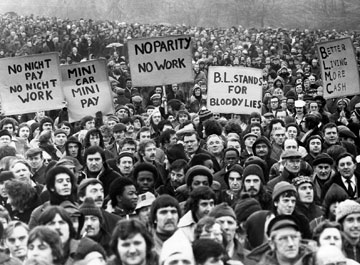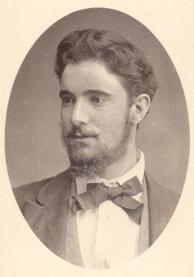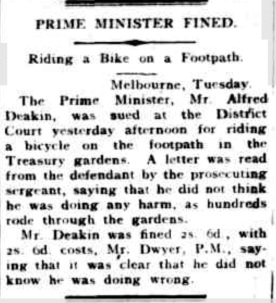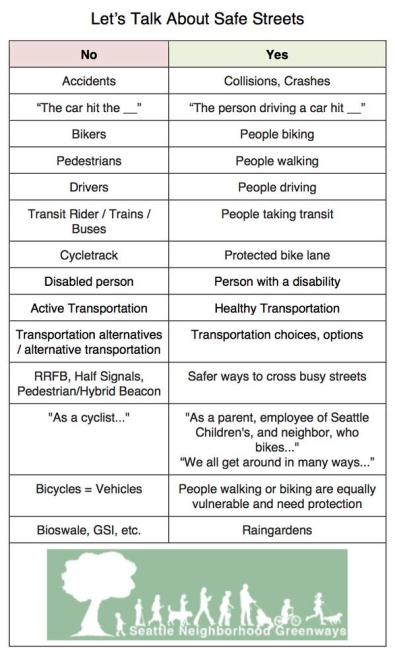Today is father’s day. I just ate a huge plate of homemade chocolate chip pancakes and my kids presented me with a stunning re-imagining of some of my favourite music in a single album cover. It took them weeks to create. At 13, 14 and 16 they are resourceful, inventive, kind and not afraid to try new things. My work here is done. Well, not done, but…heading in the right direction. Life is good.
This time yesterday, I was fully reclined in a dentist chair, mouth cantilevered wide for a root canal. On the ceiling, in my line of direct sight, conservative commentator and culture warrior Joe Hildebrand was appearing on Channel 10 explaining to a panel why there’s no point men taking parental leave in their child’s first six months (something about boobies, it turns out). Like that scene in Clockwork Orange, I couldn’t physically look away.
Dentistry doesn’t often lead to self-reflection, but it did get me thinking about my own evolution as a Dad, as an economic provider, a co-parent and step-parent. In this phase of late capitalism, is parenting really only about service provision? If so, why would a man take a break from being a productive economic unit, especially if he can’t meet the milk production quotient?
I fell into this trap as a young father. My own Dad, who taught me many of the good and important things, also told me ‘the world doesn’t owe you a living’. I took it to heart. I was determined to get to the top. I worked hard, travelled constantly, started a part-time MBA when my youngest was only six weeks old. I didn’t get to the top (spoiler: there is no top). What I did get was depression, anxiety, high blood pressure and a persistent feeling of unworthiness.
It was a long way back, with a lot of trial and error, false starts and backwards steps. As I’ve said before, parenting often feels like failing at the most important thing I’ll ever do. But I’ve learned to be a bit more kind to myself. So this year, maybe for the first time, I feel like I deserve all the pancakes.
***
I have been teaching my 16 year old how to drive, in fits and starts (more of the former so far, but the ratio can only improve). She is determined to learn on a manual. It’s the perfect metaphor for her general approach to life: given the option, she’ll choose the hard way, it will take longer, but she’ll learn a skill and something about herself. It’s a hard habit to watch as a parent, but it will stand her in good stead. It’s inefficient and possibly unproductive – who would choose to drive a manual in 2019?
But productivity is overrated, at least as an output. Economists are increasingly studying happiness as a driver of economic growth and greater productivity. Happier societies are more productive (and more equal). Turns out equipping our smaller humans with the mental and emotional resources to thrive is one of the most economically productive ways to use our time.
For most of my working life, we’ve talked about “the economy” like it was a real thing, as if it existed independently of human beings. We are in thrall to this thing that we ourselves created, conjured from columns of numbers. But the economy is just the way we choose to measure the consumption and output of people. Fortunately, policy, like the Ardern Government’s Wellbeing Budget, is starting to catch up.
My Dad didn’t teach me how to drive. It wasn’t his fault as such, he lived on the other side of the world. My Mom didn’t have the time or the temperament. My saxophone teacher, a gentle man named Robert Wegley, seeing my predicament, offered to give me driving lessons after music. He was kind, and patient, and steered me through that rite of passage. A private music teacher doesn’t earn much – they only have their time to sell. He wasn’t my Dad, but he was more than just a service provider. He was one of my unDads. He gave up his chargeable time for me. The world needs more Robert Wegleys.
Marty Kaminski was my teacher in grade three, another of my unDads. He insisted that the kids call him, simply, Marty. On his own time, with his own money, he created Walden Pond in our classroom. A literal pond, with frogs and lily pads. It was magical and something I’ll never forget. He had 9 year olds reading passages from Thoreau. The world needs more Marty Kaminskis.
Dennis Byron Sr was my baseball coach when I was 10, another unDad. His son, Dennis Jr, was my friend – we would sit on my porch for hours playing The Game of Life and listening to Stevie Wonder. In an entire season of little league baseball, I connected bat and ball exactly once. But Dennis always praised my attitude and the fact that I never stopped smiling. At the end of the season, he organised a special award for me for staying positive. The world needs more Dennis Byrons.
It’s a complicated regime that keeps me mentally well these days: love and connectedness to family, purposeful work, volunteering, a sense of community and place, writing and music, sobriety and exercise.
I’m trying to be more deliberate in expressing gratitude, which has been shown to increase happiness. So on this Father’s Day, I’m going to be grateful for my own amazing kids, appreciative of my partner-in-life Sara (who has taught me more than anyone I know), and grateful to my own parents who overcame adversity to give me the life I have.
And I’m grateful for my unDads: the Dennis Byrons, Marty Kaminskis and Robert Wegleys of this world. They don’t expect our thanks, or seek it. But let’s give it anyway. To all the father figures, volunteers, teachers, coaches and mentors, who freely give of their time and selves: thank you for everything you do.


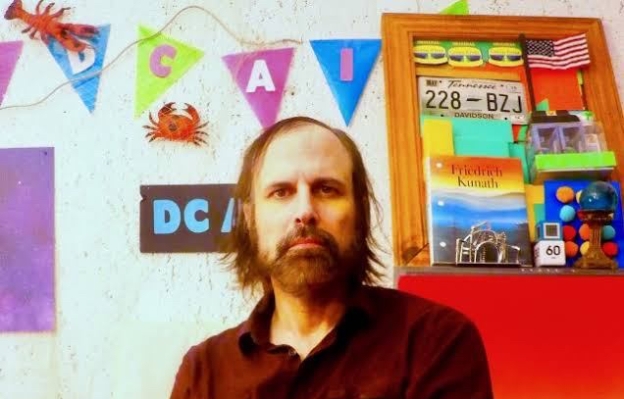


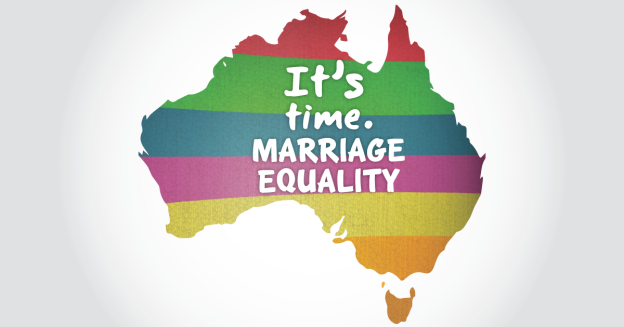
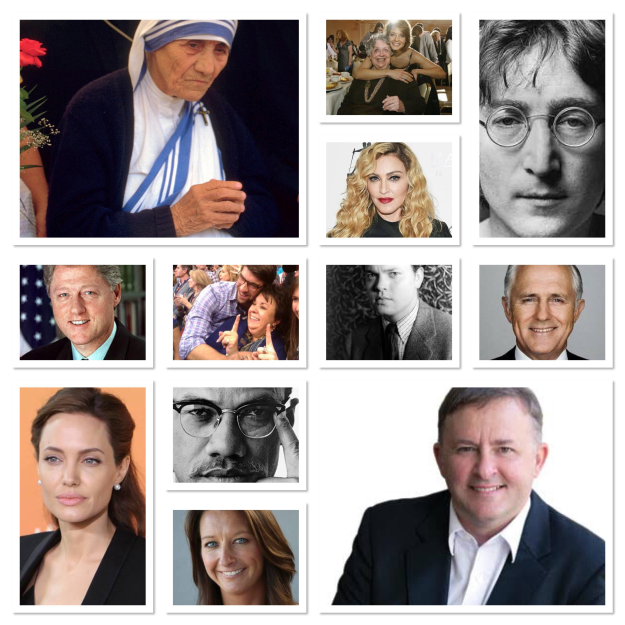

 Australians love tipping. Footy tipping, race tipping…but service tipping, not so much.
Australians love tipping. Footy tipping, race tipping…but service tipping, not so much.